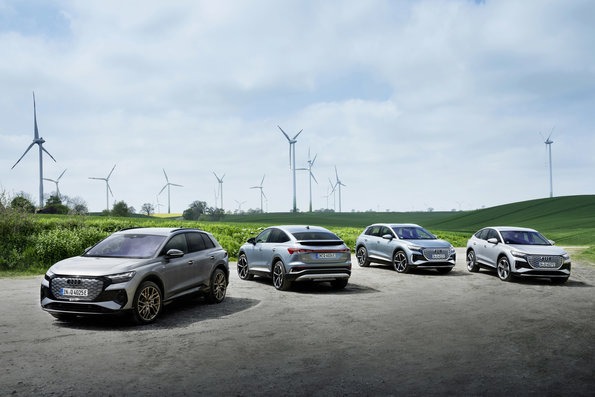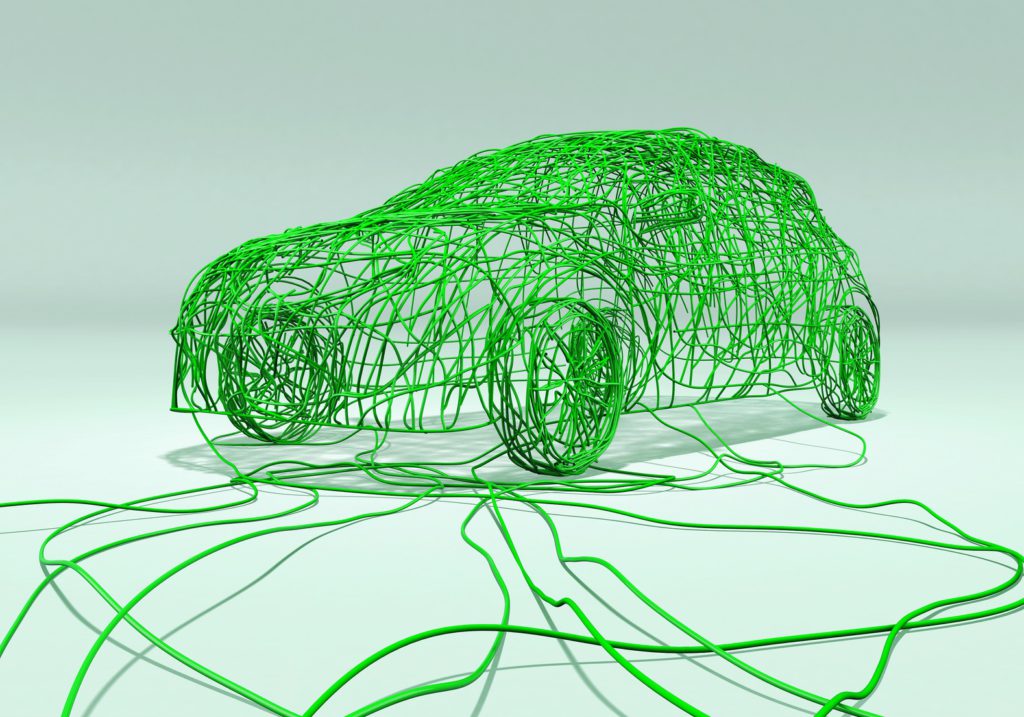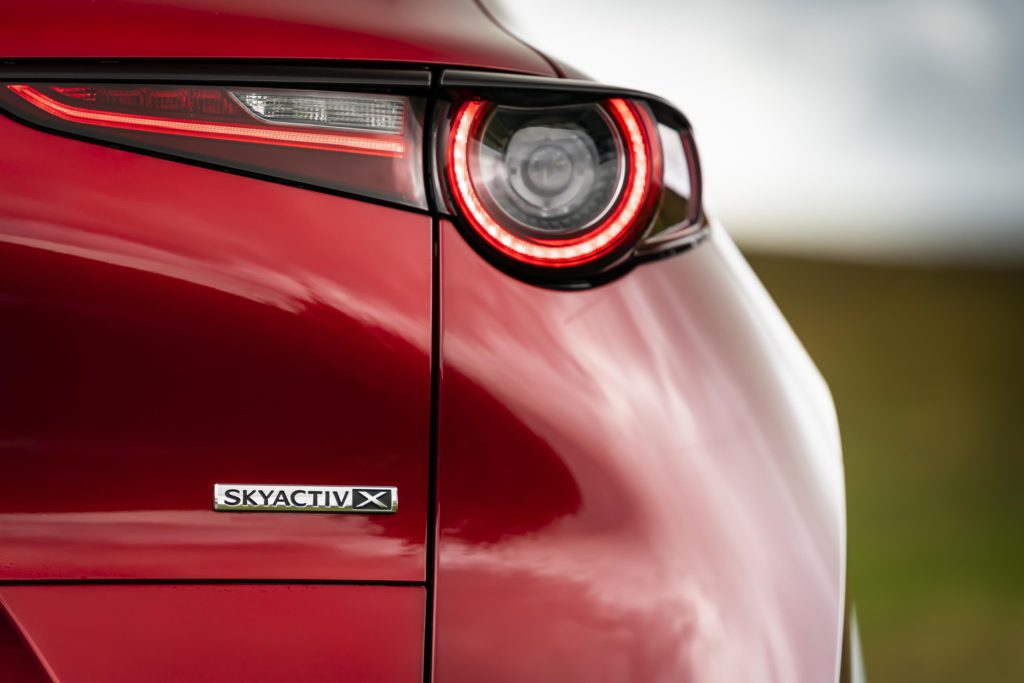Audi commits to a carbon-neutral future with BEV-only launches from 2026
23 June 2021

Audi will begin production of its final newly-developed internal-combustion engine (ICE) models in 2025. From 2026, the carmaker will focus on battery-electric vehicles (BEVs), with new launches only featuring electric propulsion.
As part of its strategic realignment, the German carmaker is accelerating its transition to e-mobility. While Audi will continue to make ICE units beyond 2026, it plans to phase out the technology, with 2033 set to see the last combustion model roll off its production lines. The company also plans to achieve net-zero emissions by 2050 at the latest.
Audi is the latest carmaker to outline its electrification strategy with a deadline for the end of ICE production. The company joins Volkswagen Group stablemate, Bentley, in committing to a BEV-only future. Meanwhile, premium partner Porsche is also exploring an electric future and studying the use of efuels while not ruling out hydrogen as an option.
‘Audi is ready to make its decisive and powerful move into the electric age,’ said Audi CEO Markus Duesmann at the Climate Neutrality Foundation conference in Berlin. ‘Through our innovative strength, we offer individuals sustainable and carbon-neutral mobility options. I do not believe in the success of bans. I believe in the success of technology and innovation.’
Slow phase-out
The carmaker states that customers and legislation will ultimately decide the exact timing of the combustion engine’s discontinuation. The company expects to see continued demand in China beyond 2033, which is why there could be a supply of vehicles there with combustion engines manufactured locally.
The UK is the largest market in Europe with the earliest ban on petrol and diesel models. The end of sales of such units will occur in 2030, while hybrid and plug-in hybrids (PHEVs) will be discontinued in the country in 2035. France is instigating a ban in 2040, while there are also calls for a blanket ban on ICE across the entire European Union.
However, Audi will continue the development of ICE units until the phasing out is complete, further improving existing generations to achieve greater efficiency with major customer benefits. ‘Audi’s last internal combustion engine will be the best we have ever built,’ Duesmann said.
This is in line with a recent announcement by Mazda, which will continue to develop combustion units to help lower their carbon emissions. As some consumers will not want to switch to electric powertrains, the carmaker wants to ensure everyone has a low-carbon option available for practical and logistical reasons.
Models and infrastructure
Audi will significantly expand its range of all-electric models to cater to all customer requirements. The carmaker already has a portfolio of BEV models, and with the e-Tron GT2, RS e-Tron GT3, Q4 e-Tron, and Q4 Sportback e-Tron, it will release more BEVs than ICE vehicles this year. By 2025, the brand aims to have more than 20 e-models in its line-up. ‘With this roadmap, we are creating the clarity necessary to make a decisive and powerful transition to the electric age. We are sending the signal that Audi is ready,’ said Duesmann.
BEV infrastructure will also play a crucial part in vehicle uptake, as Audi is well aware. The carmaker is already actively involved in improving infrastructure in Germany and recently unveiled the Audi charging hub pilot project as its own premium-charging solution with a reservation system and lounge. On top of that, the carmaker has partnered with energy suppliers to promote renewable energy sources.
Decarbonising efforts
Like many carmakers, Audi also wants to become a provider of carbon-neutral mobility. To achieve this goal, the company is partnering with energy providers to support the expansion of renewable-energy sources. The aim is to work with these different partners to build new wind and solar farms in various European countries by 2025, which together are expected to generate around five terawatt-hours of additional green power.
The first project, a solar park in the German state of Mecklenburg-Vorpommern, is being developed in collaboration with the utility company RWE. The plant will come on stream in 2022 and is designed for a total capacity of 170 million kilowatt-hours. Encompassing nearly 420,000 solar panels, it will be one of the largest independent solar parks in Germany.
Audi is also examining the entire lifecycle of its models, from the manufacturing stage, including extraction of raw materials, through the utilisation stage to recycling. As an intermediate goal, the OEM aims to reduce the carbon footprint of its fleet by 30% over its lifecycle by 2025. By partnering with European energy suppliers, Audi aims to decarbonise the utilisation stage successively.
‘We are working hard to make carbon-neutral mobility possible,’ said Oliver Hoffmann, member of the board of management for technical development. ‘The expansion of renewable-energy sources at an industrial scale is the next logical step.’



